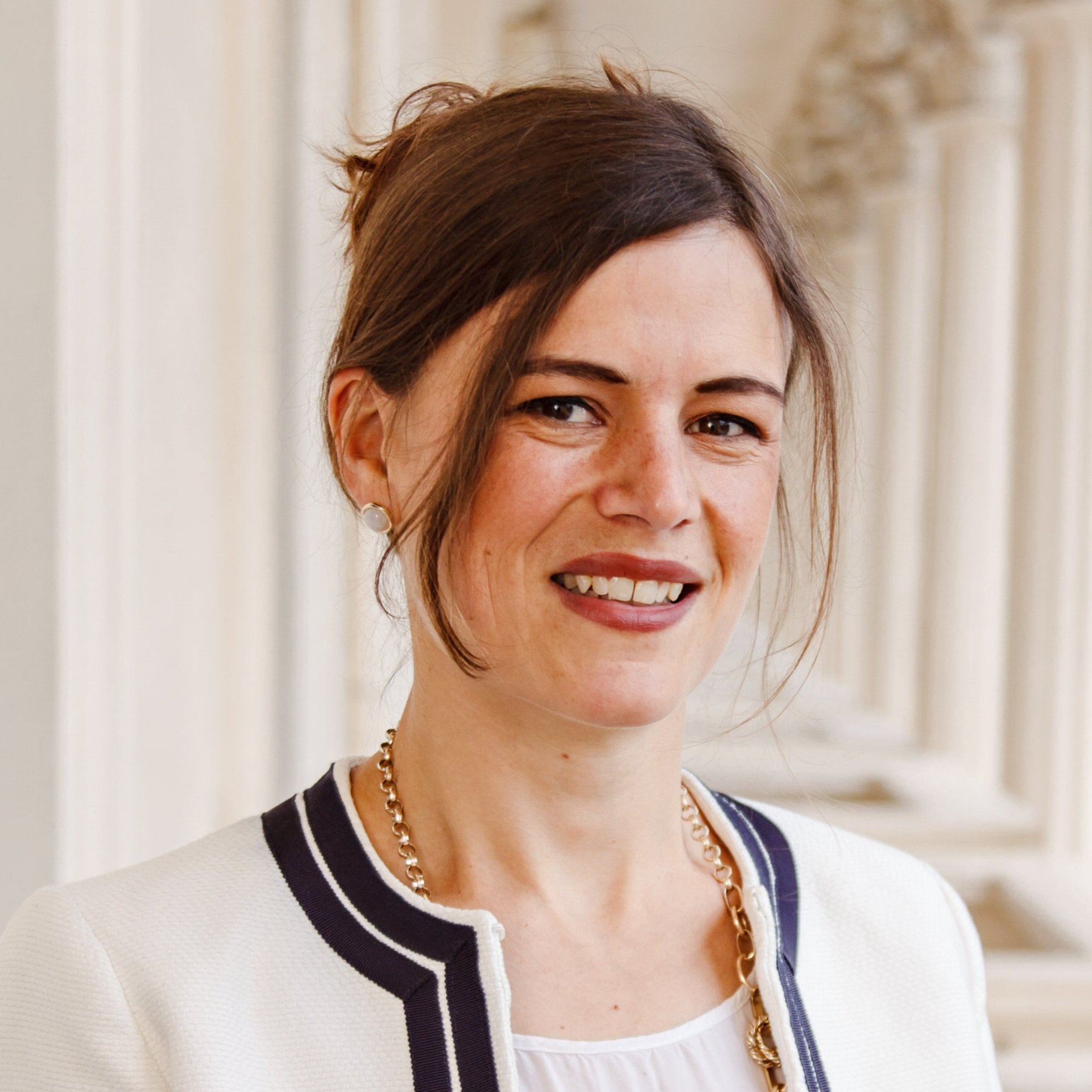Diane Banks
Founder & CEO, Northbank Talent Management
Diane founded literary, broadcast and speaking agency Northbank Talent Management in 2018 following a capital raise, incorporating her previous agency Diane Banks Associates and expanding further via acquisition, launching Northbank Speakers in 2019. She has a strong interest in domestic policy, currently serving as a non-executive director of the leading Westminster think tank Bright Blue, and an interest in arts policy to which she brings a pro-market approach. She serves on the advisory board of the Conservative Arts & Creative Industries Network, which exists to facilitate dialogue between creative industries practitioners and government; she recently served on the development board of the Ovalhouse Theatre, which commissions new work in response to today’s social and political issues, tasked with successfully raising £11m to move to its new home in Brixton in 2020; and she is a trustee of the Eden Valley Museum.
Diane believes that work has the power to transform lives and is an ambassador for the ex-offender charity Tempus Novo, helping to increase the employment rate amongst former prisoners. She is a member of the Conservative Party Business & Entrepreneurs' Forum.
Why do you support the work of the Entrepreneurs Network?
Not only does The Entrepreneurs Network produce clear, cutting edge research showing why policy makers should prioritise entrepreneurship, but it brings entrepreneurs and policy makers together through a variety of events, facilitating on-going dialogue. There is always a need to show why business is pivotal in effecting social and environmental change as well as forming the bedrock of a meritocracy, and the Entrepreneurs Network is key to this conversation.
What research should more people read?
Anything which is optimistic about change and looks for opportunity. As well as The Entrepreneurs Network’s great research on entrepreneurship including The Startup Manifesto, Bright Blue on pro-market solutions for addressing environmental issues; the Institute of Economic Affairs on the perils of regulation; and The Adam Smith Institute on how free markets can address world poverty. Books-wise, Roger Bootle’s The AI Economy: Work, Wealth and Welfare in the Robot Age and Douglas McWilliams’s The Flat White Economy both show how technology and innovation are always a force for good. Entrepreneurs should read blogs about their industry, the business pages and in particular the FT’s Companies page for their sector … but most of all, a successful entrepreneur stops reading, gets out there and gets on with it!
Why is the UK an attractive place to grow a business?
A unique combination of a couple of thousand years’ history of trading, English common law, regulation which favours innovation and a diverse and open society – with the opportunity to become even more so in the years to come.

